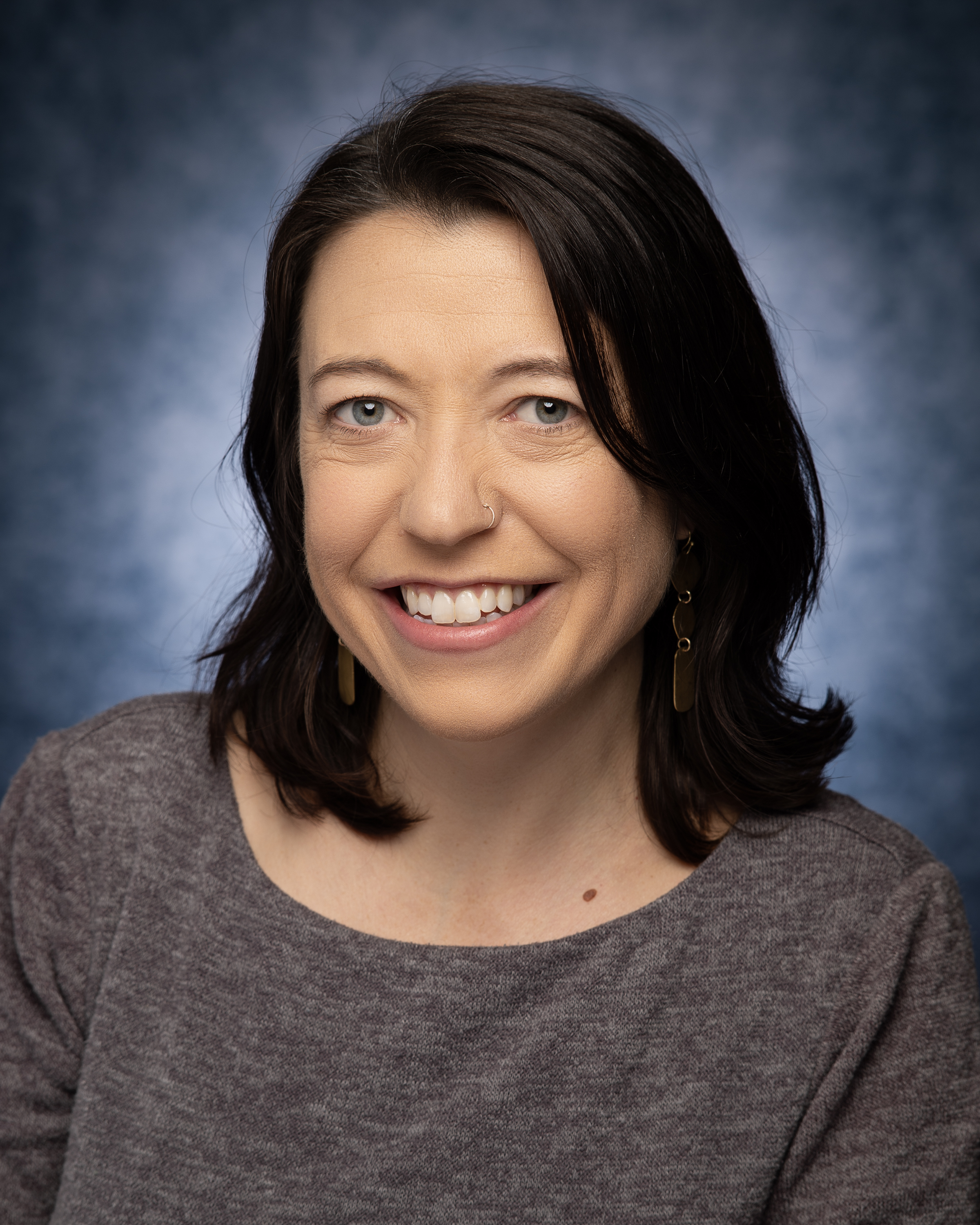The U.S. Department of Energy’s National Laboratories and the NNSA have a wide variety of cyber-focused STEM programs.
December 5, 2019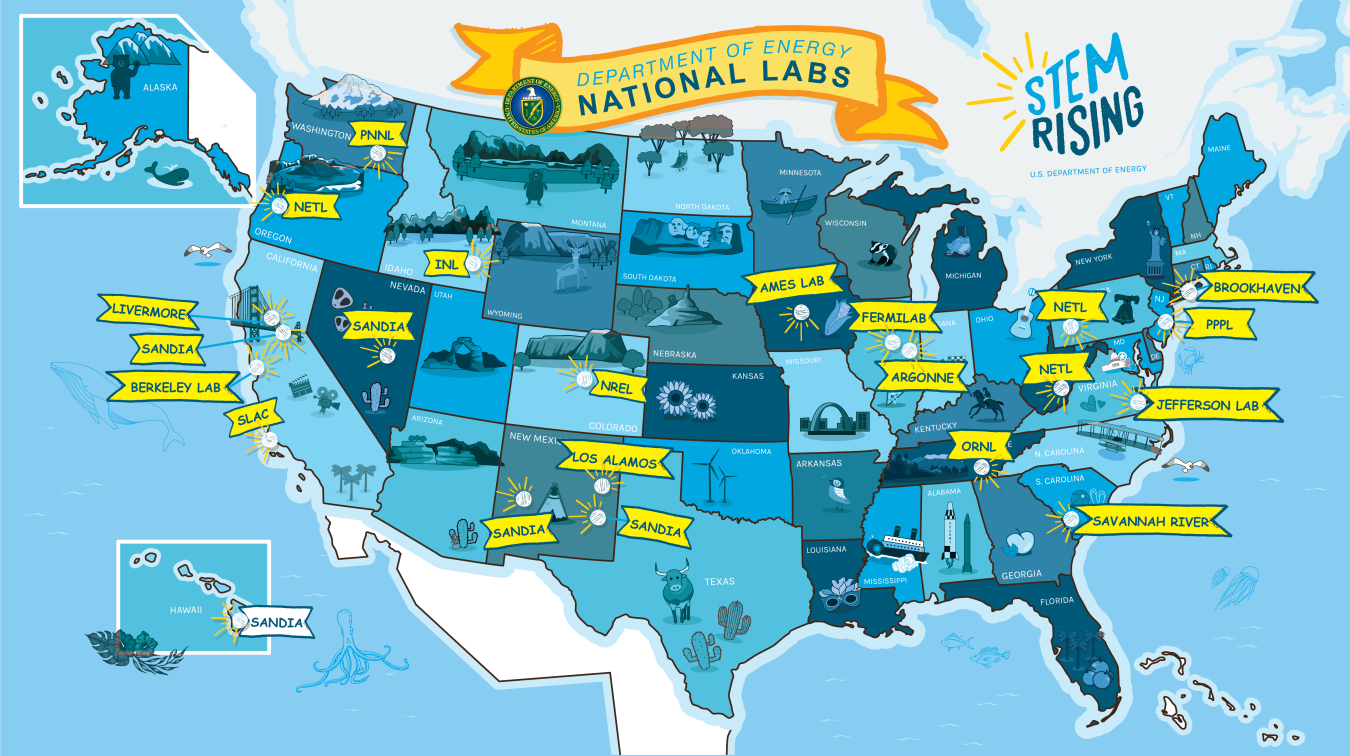
The U.S. Department of Energy’s National Laboratories, NNSA, and Program Offices have a wide variety of cyber-focused STEM programs that aim to inspire, educate, and spark students on an upwards trajectory to lifelong success in cyber careers.
We offer programs for every age, from kindergarten through post-doc, as well as for those currently in the workforce. They're designed to engage students with cyber professionals from our National Laboratories, provide them with hands-on learning experiences, place them in internship and fellowship positions, share educational resources, and do even more. Read on to learn about our efforts across the nation. To view our agency’s other STEM initiatives, visit www.energy.gov/STEMRising.
Argonne National Laboratory
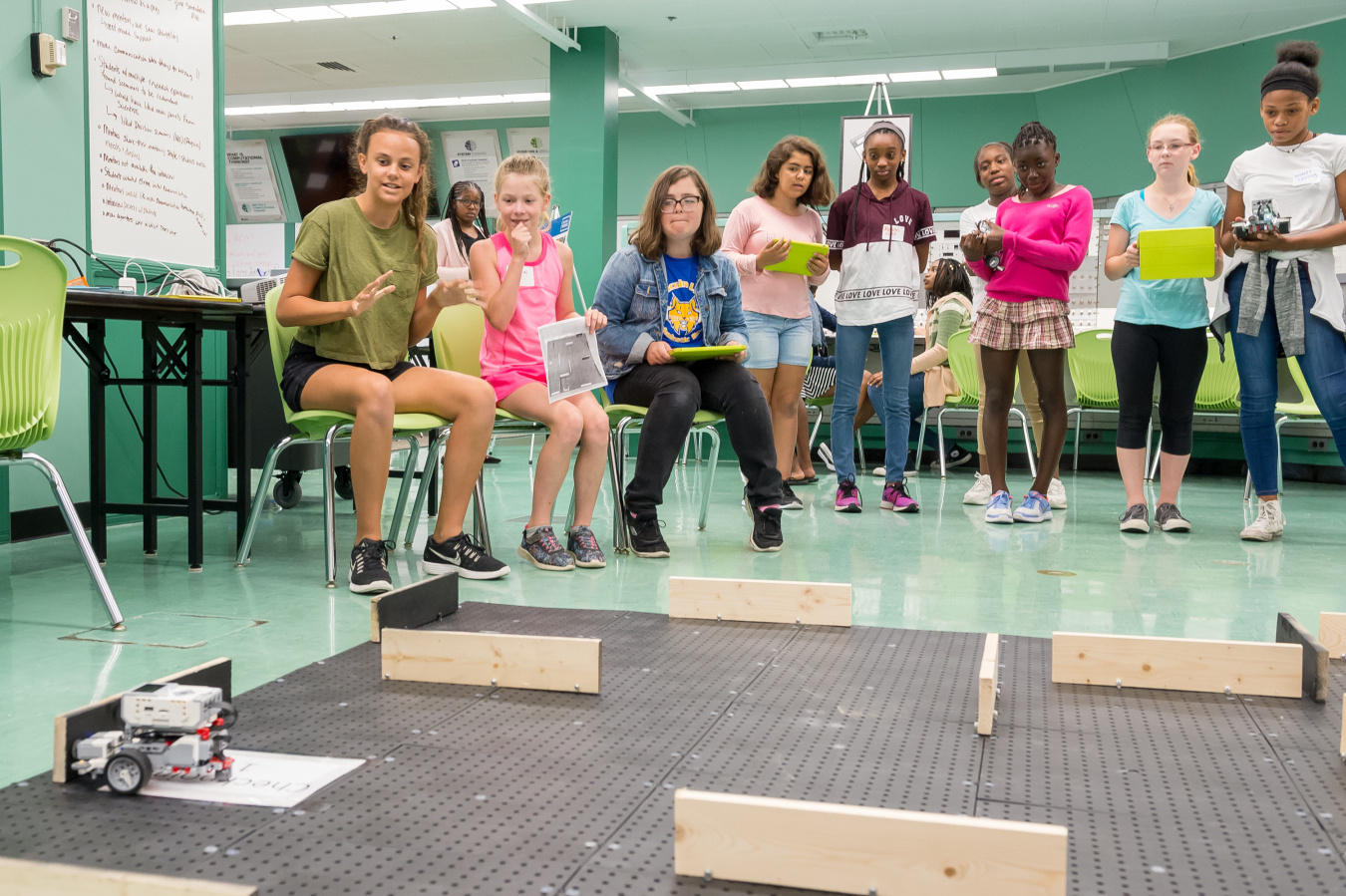
Givens Summer Associate Program. The Mathematics and Computer Science Division at Argonne is developing innovative techniques in numerical computing and computational mathematics. The Givens Associate positions are intended to encourage graduate students who are beginning careers in numerical analysis or computational mathematics.
Girls Code @ Argonne. Explore what it takes to think like an Argonne computer scientist – by programming robots! Along the way, participants will connect with other girls and solve fun challenges as a team. They’ll also meet inspiring female Argonne scientists
Argonne in the Classroom. Scientists visit classrooms throughout the year to share science lessons, give career talks, or assist as requested by teachers with activities and events.
CyberForce Competition™. Hosted by the Office of Cyber Security and Emergency Response and Argonne National Laboratory, the DOE leads an annual exercise-based competition with interactive scenario-based events for teams to engage in cybersecurity tactics. Teams are given energy focused scenarios to test their knowledge and approaches to dealing with cyber threats, handling system vulnerabilities, and balancing security with usability. Multiple labs participate in this event.
Summer Coding Camp. At Argonne's summer coding camp, high school students have a once-in-a-lifetime opportunity to learn how to code from some the best and brightest computer scientists in the nation. In this free five-day enrichment experience, students learn Python, connect with Argonne scientists and program a robot via a Raspberry Pi.
Brookhaven National Laboratory (BNL)

Science and Engineering Programs for Women and Minorities. Undergraduate women and minority students come to the Lab for 10-12 weeks during the summer. Participants are mentored by members of the scientific, administrative, or technical staff in an educational training program developed to provide research experience in various areas of chemistry, physics, computer science, engineering, biology, nuclear medicine, applied mathematics, high and low energy particle accelerators, and scientific writing as well as non-scientific areas.
Student Computer Science Workshops. Over the summer, Brookhaven offers introductory (SciComp 101), advanced (SciComp 201), and applied scientific computing (SciComp 301) workshops for junior high, high school, and undergraduate students, respectively. Additionally, every year students from the Women in Science and Engineering (WISE) program at Stony Brook University come to Brookhaven Lab for scientific computing workshops.
After-School Computer Science Workshops. Following the success of the summer Scientific Computing Workshops, once a week, an instructor from BNL visits a local school to share one of the topics from the Scientific Computing course. The course spans 20 weeks, or 20 seminars, for the students. Over the past four years, hundreds of students have participated, often coming back to BNL to participate in summer workshops to further their interest in the Lab and the topic of scientific computing.
Idaho National Laboratory (INL)
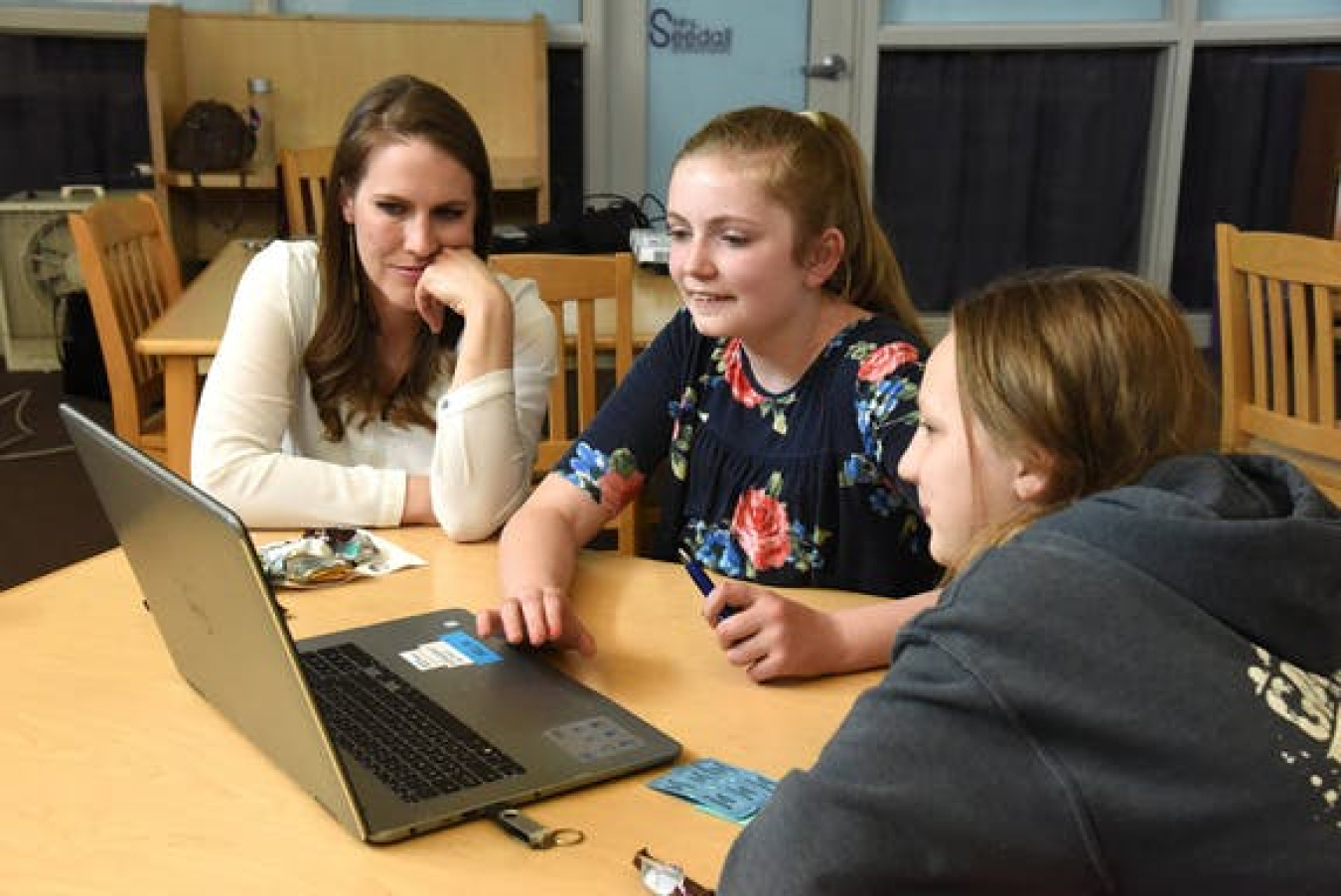
Girls Go CyberStart Competition and Cyber FastTrack. This free interactive game is filled with digital challenges designed to introduce students to the field of cybersecurity. The gaming competition began in 2017 from the SANS Institute, the world’s largest provider of cybersecurity training and certification for professionals in governments and commercial institutions. The Lab began supporting the Girls Go CyberStart program in 2019.
Girls Who Code Summer Camps. The Cybercore Integration Center at Idaho National Laboratory sponsors a Girls Who Code club at Rocky Mountain Middle School. Over 10 weeks, several INL scientists mentor a group of middle school girls on developing computer programming skills.
Los Alamos National Laboratory
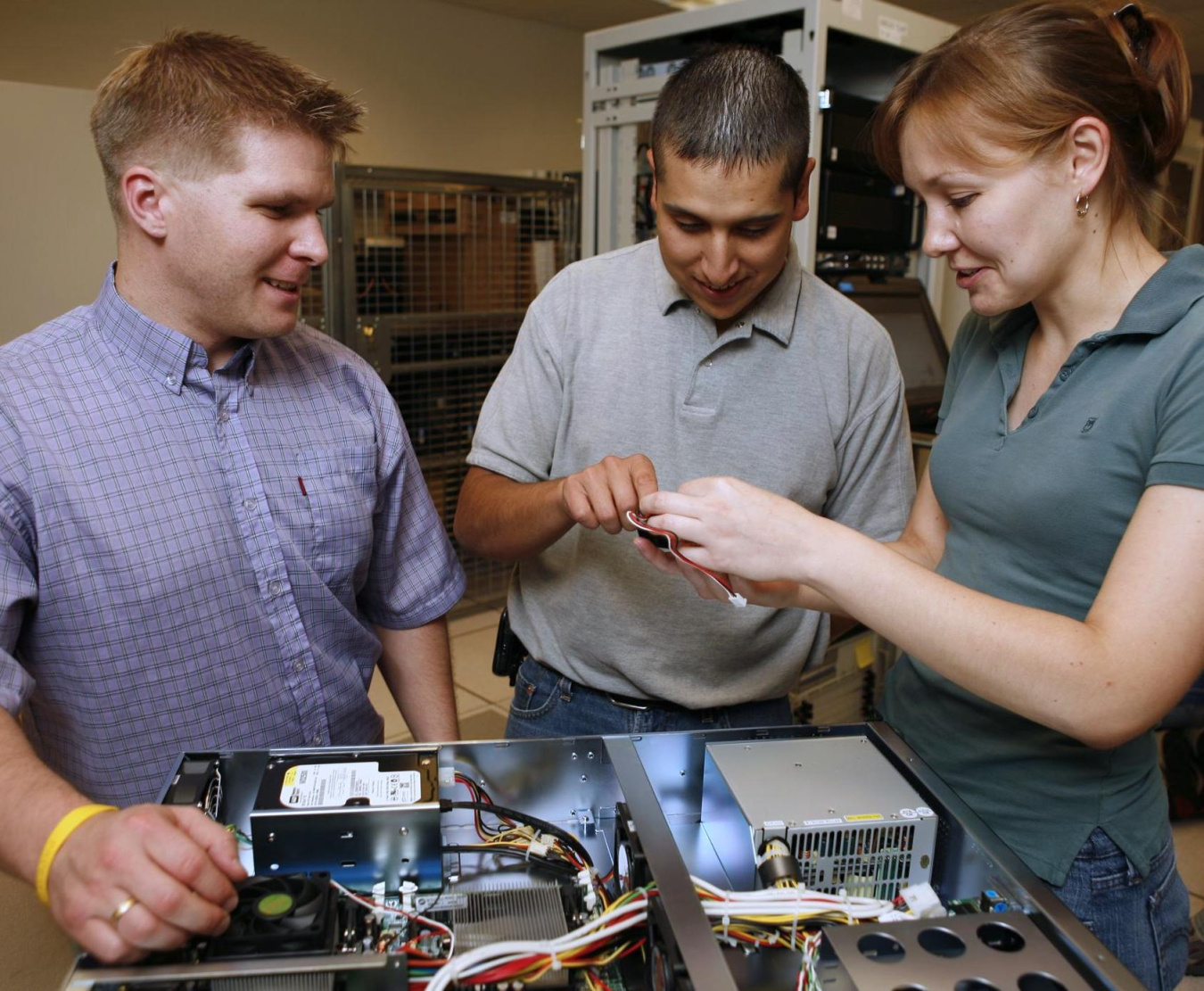
Computer System Cluster and Networking Summer Institute (CSNSI). This is a focused technical enrichment program for students currently engaged in computer science, computer engineering, or similar major. The primary objective of the CSCNSI is to provide a thorough introduction to the techniques and practices of cluster computing. The program includes lecture, laboratory, and professional development components.
Los Alamos Dynamics Summer School. The Los Alamos Dynamics Summer School focuses a select group of students on the multi-disciplinary field of dynamics, spanning electrical, mechanical, structural and cyber-physical systems. The students’ research will be applied to creating solutions to Los Alamos National Laboratory mission-relevant problems defined by Los Alamos National Laboratory R&D engineers. In addition to this research component, the LADSS also offers formal technical and career –development tutorials.
Co-Design Summer School. Los Alamos IS&T Co-Design Summer School was created to train future scientists to work on the kinds of interdisciplinary teams that are demanded by today’s challenges. The summer school recruits top candidates in a range of fields to work together to solve a focused problem that is designed to build skills.
Lawrence Berkeley National Laboratory
Research Summer Program. For students majoring in computational science, computer science, math and related science and engineering fields, Berkeley Lab Computing Sciences hosts a 12-week research summer program that provides students with the opportunity to gain research experience. Participants will work on projects in computational research, high performance computing, high speed networking or a collaboration of each, under the guidance of LBNL staff.
Lawrence Livermore National Laboratory (LLNL) and Sandia National Laboratories (SNL)
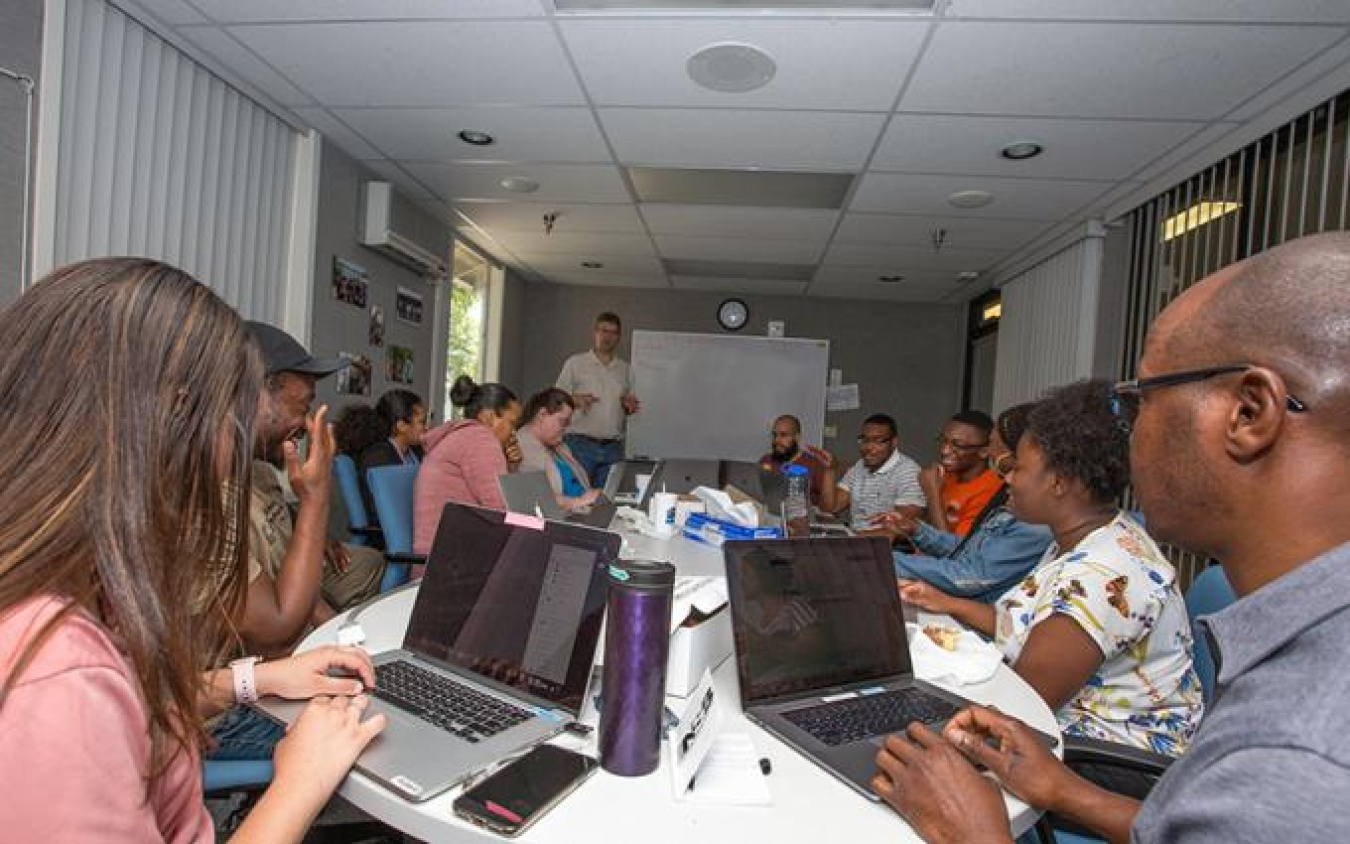
K-20 Cybersecurity Consortium Enabling Cybersecurity Opportunities & Research (CECOR). Norfolk State University leads a collaborative effort among 30 colleges and universities, one public school district, two National Laboratories (LLNL and Sandia) and a DOD facility to develop a K-20 pipeline of the country's critical cybersecurity workforce. During the five-year performance period; focus on providing support at each stage of the k-20 pipeline. The program seeks to Identify students at an early age and engage them in cybersecurity activities; provide scholarship support for undergraduate and graduate students; Provide summer internships to students to expose them to the work environment at SNL, LLNL, and SPAWAR; provide students year-round mentorship by SNL, LLNL, and SPAWAR personnel; establish a seamless hiring process at SNL, LLNL, and SPAWAR. In addition, we will provide support for early k-12 by providing awareness of cybersecurity to k-12 students and information to guidance counselors and teachers in CCSD and local school districts.
National Nuclear Security Administration
Nuclear Science and Cyber Security Consortium. In 2011, the National Nuclear Security Administration awarded the Nuclear Science and Security Consortium (NSSC) $25 million to establish a five-year program to train the next generation of nuclear security experts. An additional $1.5M was awarded in 2011 for scholarships, research projects, and summer fellowships in collaboration with minority-serving institutions. The NSSC was established as a UC Berkeley-led consortium with more than 150 professors, researchers and students at seven major universities and five partnering universities offering hands-on experience at four Department of Energy national laboratories. In 2016 the NSSC successfully competed for an additional five years of support.
Oak Ridge National Laboratory
The Oak Ridge Science Semester (ORSS). This program enables students to join ongoing investigations at the Oak Ridge National Laboratory (ORNL) in research areas as diverse as astrophysics, cell biology, DNA sequencing, genetic mutagenesis, parallel computing, robotics, toxicology, and much more. In their research, ORSS student participants use the sophisticated resources available at the Laboratory, including supercomputers, state-of-the-art electron microscopes, lasers, and analytical instruments.
Pacific Northwest National Laboratory
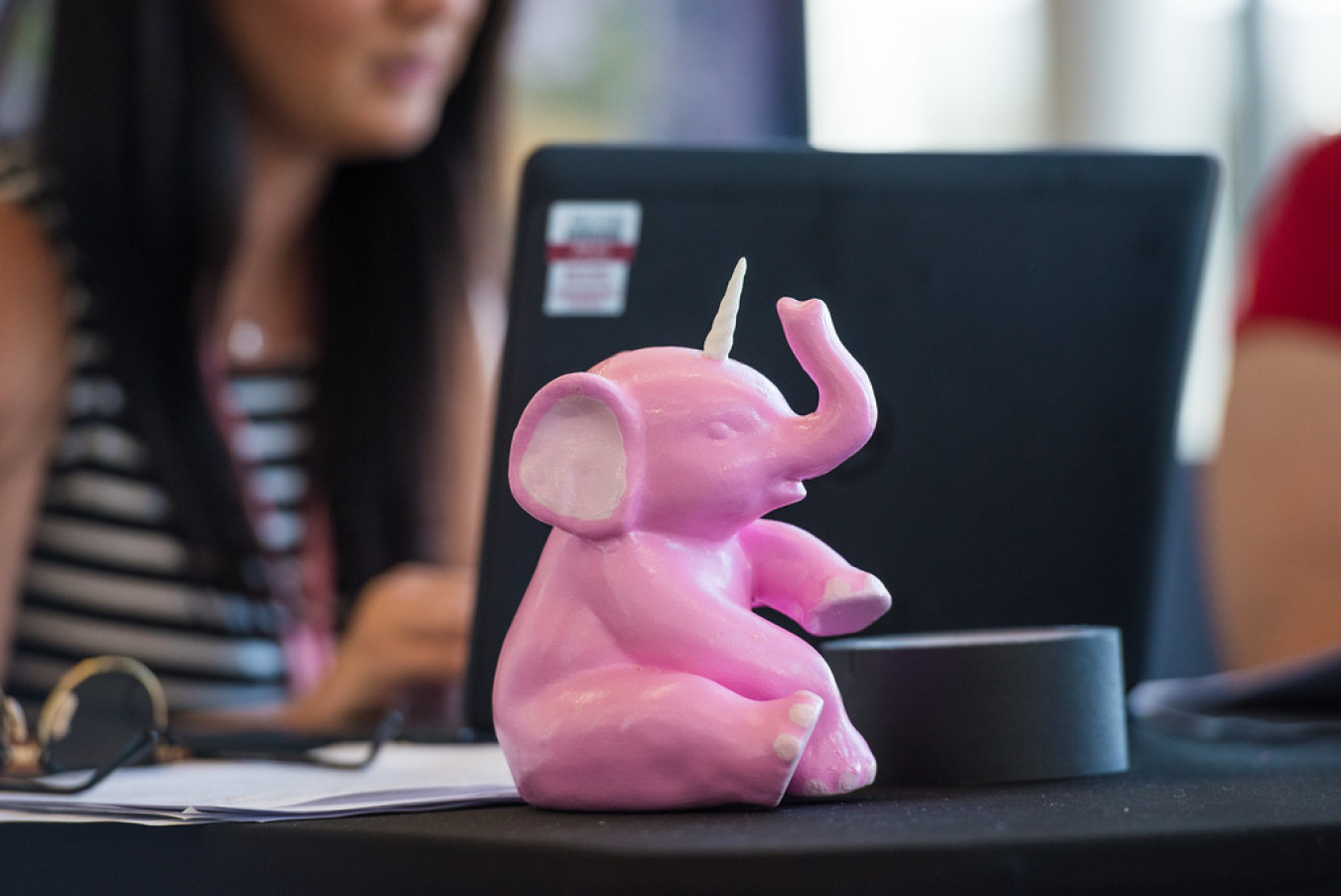
Pink Elephant Unicorn. This unique capture-the-flag event is open to the public, and provides training to build a cyber resilient community. PEU engages participants in simulated activities that require teams to work together to solve challenging cyber puzzles. Participants include students and professionals interested in cyber security careers, businesses who want to teach employees useful security practices, and skilled cybersecurity professionals looking to practice their skills and meet other professionals.
Summer Computer Science Workshops. With access to quality computing and cybersecurity education still limited or absent from many schools, PNNL aims to change that by providing teacher training and extracurricular student programming for computer science. PNNL hosts summer camps for students in topics such as cybersecurity and app design.
Sandia National Laboratories
Technical Institute Programs. In addition to offering technical and business internships in various departments, Sandia has established unique technical institutes at the New Mexico and California sites. These institutes provide opportunities to work on projects with Sandia scientists and engineers in specific technical areas, including cybersecurity, computer and computational science, predictive simulation, remote-sensing technologies, electrical and mechanical engineering, the physical sciences, and software engineering.
John von Neumann Postdoctoral research Fellowship in Computational Science. This program offers an exceptional opportunity to conduct innovative research in computational mathematics and scientific computing on advanced computing architectures. As members of either the Computing Research Center at Sandia/New Mexico or the Computer Sciences and Information Systems Center at Sandia/California, von Neumann Fellows apply their research findings to a broad range of science and engineering problems of national importance. Fellows are supported by the Applied Mathematics program, which is part of the U.S. Department of Energy's Office of Advanced Scientific Computing Research.
AnneMarie Horowitz
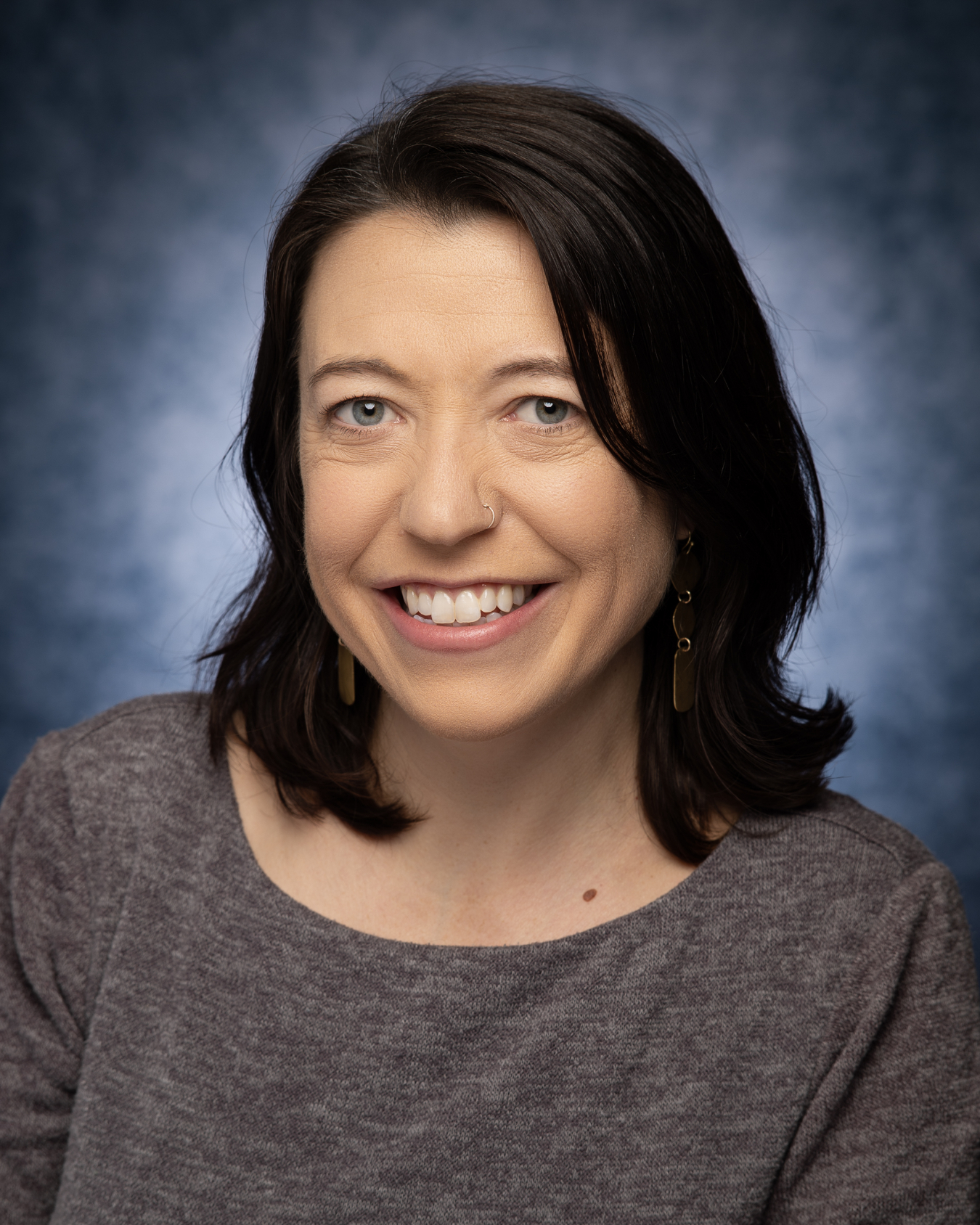
AnneMarie Horowitz is the Chief of Staff for the Arctic Energy Office. She joined the Arctic Energy Office in May 2023. AnneMarie has been with the Energy Department since 2010, and was previously on the digital team of the Office of Public Affairs, where she managed digital projects and internal employee communications efforts. AnneMarie was the Digital Communications Manager from March 2023 - September 2023 for the Department of Health and Human Affairs' Public Education Campaign, We Can Do This, to share information about the COVID vaccine.
From 2015 - 2017 she served as the Special Advisor on workforce issues for Deputy Secretary of Energy Dr. Elizabeth Sherwood-Randall. She has also previously worked in the Under Secretary for Management and Performance and in the Office of Minority Economic Impact.
AnneMarie has a BA in Political Science from the University of Portland and a Masters of Government from Johns Hopkins University.


